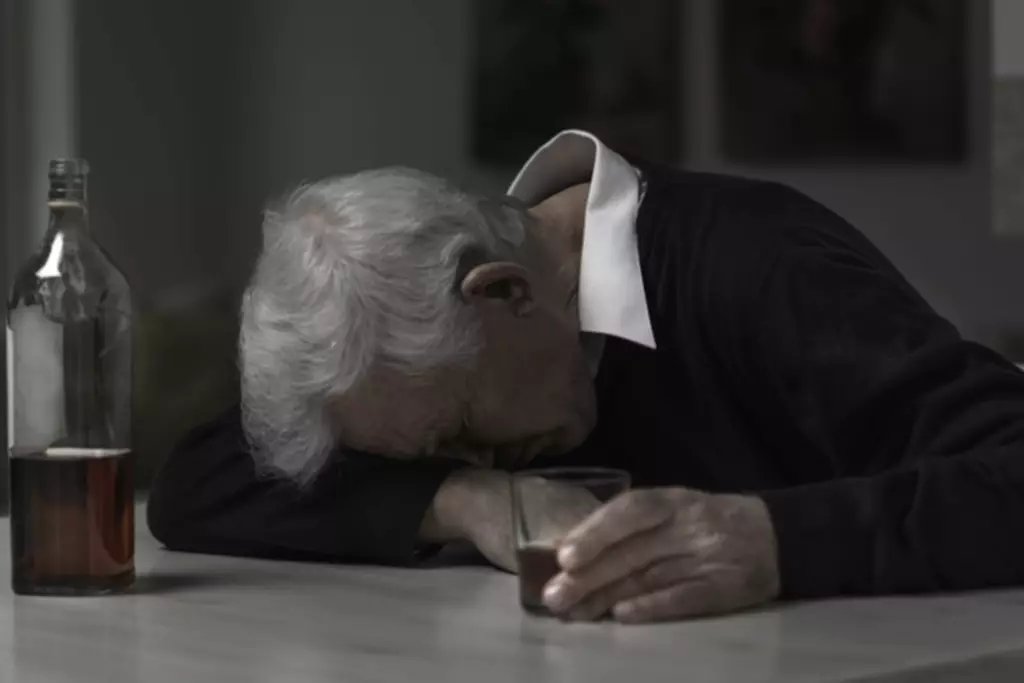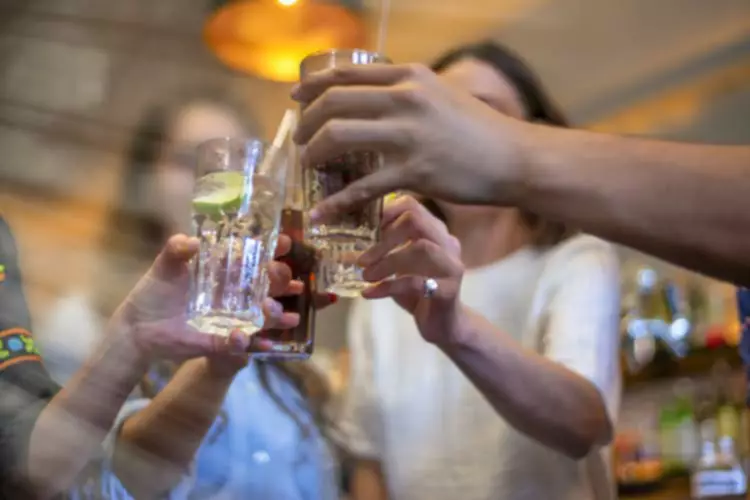Alcohol consumption and risk of deep venous thrombosis and pulmonary embolism in older persons

Deep vein thrombosis (DVT) is a serious condition, and it’s natural to want to do everything possible to minimize the risk of developing it or exacerbating an existing condition. Consuming a diet high in saturated fats and cholesterol can contribute to the development of DVT. On the other Twelve-step program hand, a diet rich in fruits, vegetables, whole grains, and lean proteins can help to reduce the risk of DVT.

Blood clots: Three everyday drinks contribute to dehydration and ‘heighten’ risk of clots

Clotting factors in your blood are customarily turned off so you do not form abnormal blood clots. The exact mechanisms underlying alcohol-related thrombocytopenia remain unknown. Some researchers have suggested that alcohol intoxication itself, rather than alcohol-related nutritional deficiencies, causes the decrease in platelet numbers. The subjects’ platelet levels returned to normal when alcohol consumption was discontinued. Similarly, platelet counts can be reduced in well-nourished alcoholics who do not suffer from folic acid deficiency.
- Don’t wait— reach out today to take the first step toward taking control of your life.
- For example, consuming seven drinks on a Saturday night will not have the same effects as consuming one drink each day of the week.
- Abstract understanding how alcohol can affect one’s cardiovascular system, what signs and symptoms to be aware of, and how to locate effective alcohol addiction treatment can be essential for making healthy life choices.
- Excessive alcohol consumption can lead to high blood pressure, heart failure, or stroke.
What Are the Effects of Drinking Alcohol on the Blood?
A challenging workout or long-distance running can jolt your bladder and cause bleeding. While the majority of people enjoy a glass of wine or a pint of beer from time to time, American Addiction Centers warn that having more than two servings of alcohol a day could boost your risk of dangerous clots. In many patients with thrombocytopenia, rebounding platelet numbers even exceed normal values. This rebound thrombocytosis after cessation of alcohol consumption also occurs in the majority of patients whose platelet counts are normal at the time of hospitalization.
Can Drinking Alcohol Lead to Blood Clots?
For studies that only provided a range for exposures, the mid-point in each category was assigned to the corresponding RR. When the highest category was open ended, the width of the interval was assumed to be the same as in the closest category. Generalized least squares trend (GLST) regression model (21, 22) was used to explore the potential dose–response relation https://ecosoberhouse.com/ between alcohol intake and VTE risk.
Verify Your Insurance – It’s Fast & Free!
- Short-term alcohol use can lead to high blood pressure and thinned blood because it hinders blood cells’ ability to clot.
- Because alcohol acts to thin your blood, it’s never a good idea to drink too much of it while you are taking prescribed blood thinners.
- Having a drink or two every once in a while may be fine when you’re on blood thinners — just be sure to talk to your doctor.
- People who already suffer from blood clots should not drink alcohol at all, especially if your doctor has prescribed any blood-thinning medication.
Your doctor should explain these important facts to you, along with information about your specific health status. If you don’t have major health issues, you may be able to drink lightly to moderately with your doctor’s permission. If you didn’t know that moderate alcohol consumption tends to thin out the platelets in your blood, this information is something you need to know. While drinking in moderation can have some health benefits, it’s not easy to balance how much you drink with your overall health.
- However, the relationship between alcohol and DVT is complex and varies from person to person.
- Taking medications as a doctor prescribes, getting regular movement, and making healthy lifestyle changes are all important steps in managing DVT.
- DVT can be very dangerous because it can break off and travel to the lungs, causing a pulmonary embolism (PE).
- Consuming alcohol leads to a lower number of blood platelets because the substance hinders the bone marrow’s ability to produce these cells.
- Alcohol can lead to weight gain as well which puts more lipids in your blood, increasing your risk of clotting.
Reach out to our expert support team 24 hours a day
When alcohol is introduced into the equation, the blood’s ability to clot is compromised. If you’ve experienced DVT, it’s crucial to consult with your healthcare provider before making any decisions about alcohol consumption. Your medical history, current medications, and overall health status will all play a role in determining whether it’s safe for you to drink alcohol. Your doctor can provide personalized guidance based on your specific circumstances.
Lifestyle Quizzes
- This can complicate the body’s natural healing processes and increase the likelihood of dangerous clots.
- Short-term effects occur because of how alcohol impacts receptors in the blood.
- The lab was drawn in the second week of the patient’s alcohol withdrawal and revealed a concern for a clot risk.
- Iron levels also can rise from excessive ingestion of iron-containing alcoholic beverages, such as red wine.
- Long-term alcohol consumption weakens essential organs, including the liver, stomach, and kidneys.
- Green tea also contains some vitamin K, so it’s best to choose another option, like black tea, which doesn’t interact with a blood thinner.
Stones can cause bleeding, and strong urine can irritate the bladder, leading to bladder inflammation and bleeding. Information about coffee consumption habits was obtained with a self-administered questionnaire in 26,755 subjects. Indeed, this advice is echoed by the NHS, which warns against drinking too much tea, alcohol and coffee. Failure of the platelet counts to rise after 5 to 7 days of abstinence usually indicates the presence of another underlying disorder affecting the platelets.

Signs Your Liver Is Healing from Alcohol
Antioxidants, called polyphenols, may help protect the lining of blood vessels in can alcohol cause blood clots the heart. Drinking a glass or two of non-alcoholic red wine may reduce your risk for heart disease. Long-term alcohol use also can lead to an increased risk of developing arrhythmias, which are irregular heartbeats, as well as cardiomyopathy, a stretching or drooping of the heart. When structural changes take place, it affects how well the blood pumps blood throughout the rest of the body. For example, alcohol can also lead to liver damage which consequently hampers your body’s ability to produce proteins that regulate blood clotting.

Drinking too much alcohol
These alterations in membrane structure may play an influential role in vacuole formation. Another way to identify blood disorders is to perform a complete blood count (CBC), in which a machine counts all the cells within a blood sample. In addition, these machines can determine several other parameters of blood cells, such as their average size, which may be diagnostic for certain disorders. For example, an increase in the average RBC volume (i.e., the mean corpuscular volume MCV) is characteristic for a certain type of anemia.

